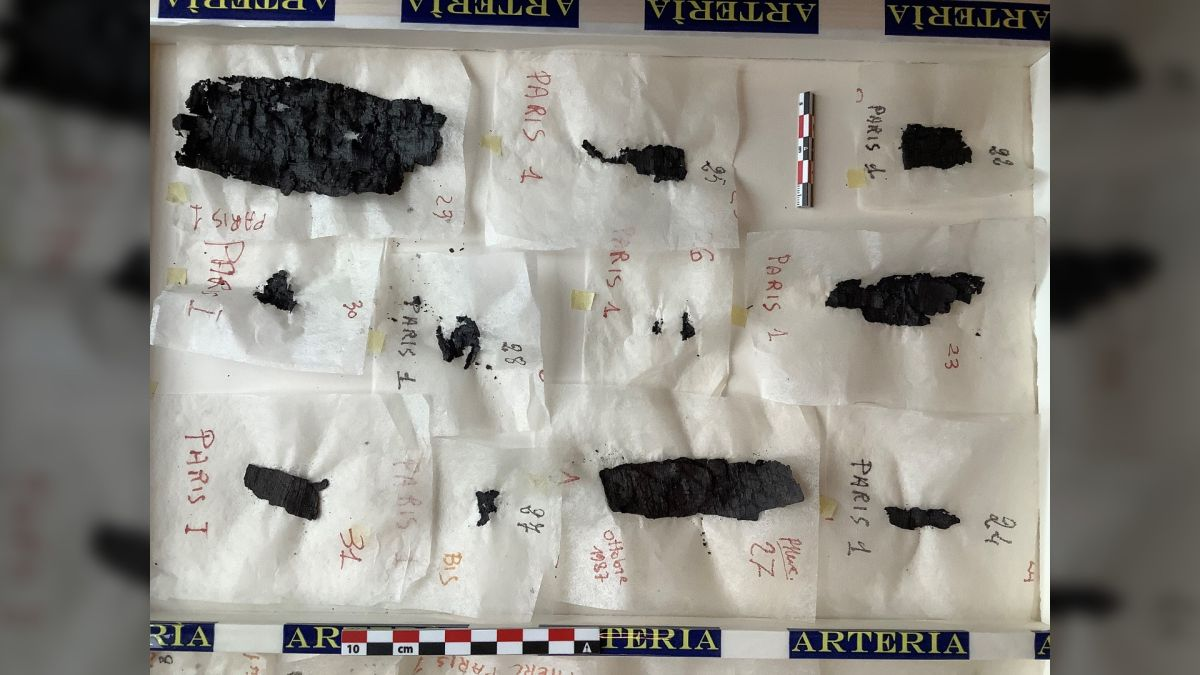How exciting to read about daily life as it was after the conquests of Alexander! It sounds like a fiction story, but the truth may be closer than we think!
Artificial
Intelligence, AI, in short, is a relatively new digital means that offers
endless possibilities with unexpected results. Machine learning is a branch of
AI researchers use to read faint traces of ink on still rolled-up papyrus
scrolls. If successful, this technology opens exciting possibilities to
decipher
These latest results have been published in Live Science. The study concentrates on an otherwise “lost book” that supposedly discusses the dynasties that succeeded Alexander.
Although till now only small fragments can be read, hopes are high to learn more about the Macedonian leaders that followed in the wake of Alexander. So far, the names of Seleucos and Cassander have been recognized together with “several mentions of Alexander himself!”
The “lost book”
is one of the many works discovered at the Villa dei Papiri in
The fragile
carbonized scrolls ended up at the Institut de France in
Clearly, AI gives us new hope to unravel more about our past.

And according with many scholars at Villa dei Papiri are still many scrolls to discover. Moreover the whole Latin library.
ReplyDeleteYes, there seems to be a whole library there on other floors and rooms that have not yet been excavated.
ReplyDelete